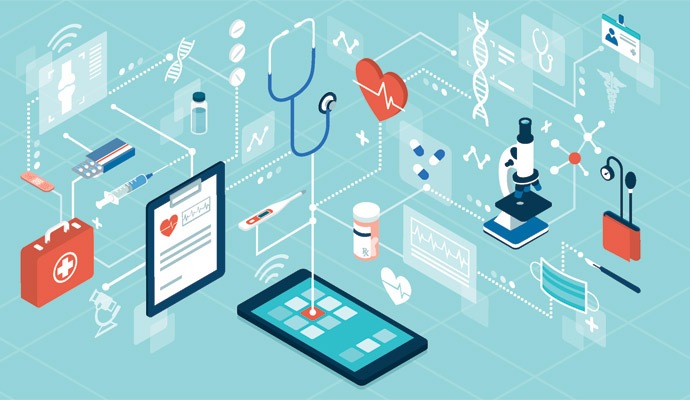OR Health System to Test AI App That Tracks Blood Sugar Levels
A team from Oregon Health & Science University will test an artificial intelligence-based app it developed to support diabetes patients in maintaining healthy blood glucose levels.

Source: Getty Images
- After receiving a grant from the Leona M. and Harry B. Helmsley Charitable Trust, Oregon Health and Science University (OHSU) researchers developed an artificial intelligence (AI)-based app to evaluate and track type 1 diabetes patients' glucose levels and plan to test the app in a clinical trial.
According to the press release, about 1.45 million Americans are living with type 1 diabetes, and these patients generally find regulating their blood sugar level and evaluating the need to take insulin challenging.
To support type 1 diabetes care, a team led by OHSU biomedical engineer Peter G. Jacobs, PhD, and OHSU endocrinologist Leah M. Wilson, MD, developed an app called DailyDose, which leverages AI to assess blood sugar levels, identify trends, and provide recommendations for managing the fluctuations. A $4.3 million grant from the Leona M. and Harry B. Helmsley Charitable Trust supported their work.
In a previous study published in 2020, Jacobs and Wilson found that the app provided recommendations that aligned with diabetes specialists. Another study published last November found that the app helped users achieve healthier blood sugar levels. But those who did not use the app were not able to improve their blood glucose levels.
“Our recent study found that some people didn’t accept the recommended changes provided by the app because they didn’t understand how the recommendations would improve their glucose management, or because they mistakenly thought that making the recommended changes would negatively impact their health,” said Jacobs, in a press release.
To overcome this issue, Jacobs and Wilson took two steps. The first step was an update enabling the app to leverage new glucose-forecasting algorithms and an improved user interface. They noted that these two changes would make app recommendations easier to follow, according to the press release.
The second step was the addition of a capability that connected those who do not see blood glucose level improvements with a diabetes educator or a behavioral health clinician. From there, these professionals can assist patients in overcoming challenges.
The researchers plan to conduct a randomized clinical trial to assess the updated app. The trial will include 93 type 1 diabetes patients and will last 38 weeks. The trial participants will utilize the app, and after 12 weeks, those who did not achieve improved blood sugar levels will also receive coaching from a diabetes educator.
“Some people struggling with glucose management may benefit from personalized coaching,” said Wilson. “But, knowing that coaching is resource-intensive, our study will only offer it to those who need it. We call this combined approach app-based certified diabetes education therapy or AB-CDE.”
The trial will enroll participants in 2024 through six institutions, including the Joslin Diabetes Center at Harvard University, the University of Southern California, Mount Sinai Hospital, and the Barbara Davis Center for Diabetes at the University of Colorado.
The use of AI-based strategies to improve diabetes care is becoming more common. Last April, Hitachi, University of Utah Health, and Regenstrief Institute created an AI tool to enhance medication selection for type 2 diabetes patients.
Created using EHR data, the AI tool groups patients based on disease statuses, after which it analyzes treatment and outcome patterns. Researchers found that the tool was successful in assisting medication selection for the majority of patients.
